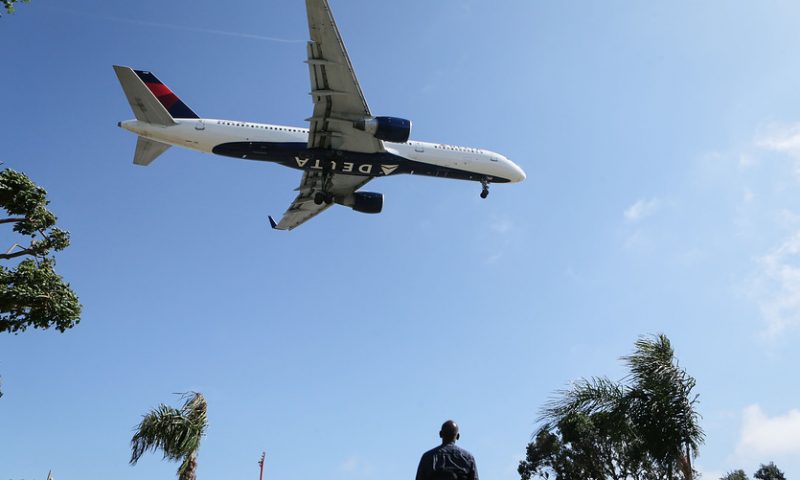TripAdvisor shares also plunged more than 20%
Online travel-agency stocks plunged Thursday after Expedia’s latest earnings report revealed a struggle to contend with changing search-engine dynamics as well as trouble with some of its brands.
The results came alongside disappointing numbers from fellow online-travel player TripAdvisor Inc. TRIP, +0.98% . The stocks got a bit of relief in after-hours trading after Booking Holdings Inc. BKNG, +1.58% , which posted results Thursday after the closing bell, beat expectations, helping to boost shares of all three online-travel names in late trading.
Expedia shares EXPE, +3.08% plunged 27.39% in Thursday’s session, marking their worst single-day performance on record. TripAdvisor’s 22.41% slide made for the stock’s biggest drop in two years. Booking shares dropped some 8% but looked on track to claw back a bit, with the stock up 4.3% in after-hours trading.
Management at Expedia disclosed on Wednesday’s earnings call that the company dealt with “incremental weakness in SEO volumes and a related shift to high-cost marketing channels.” TripAdvisor also pointed to “some incremental SEO headwinds” in the latest quarter, with its chief executive remarking that “it’s always hard to know exactly what Google is doing.”
The commentary prompted at least three downgrades of Expedia’s shares. Piper Jaffray’s Michael Olson said that the issues highlighted in Wednesday’s report seem “likely to stick around for a while,” presenting a medium- to long-term challenge for the company.
“In our view, the most concerning trend is the reduced efficiency of SEO (search engine optimization) marketing as Google pushes ‘free’ links further down the page,” he wrote. “In particular, Google is favoring its own ‘Hotel Finder’ platform, along with other paid links, all of which are capturing more real estate on page one of the search results. Expedia is, therefore, having to resort to the use of higher-cost marketing channels, which is negatively impacting marketing ROI and Ebitda.”
Olson cut his rating on the stock to neutral from overweight and lowered his price target to $124 from $160.
D.A. Davidson analyst Tom White lowered his rating to neutral as well, writing that he doesn’t see any “demand source alternatives that are likely to ‘move the needle’ anytime soon.” White worries that Expedia’s offerings, loyalty efforts, and value proposition don’t come off as sufficiently unique, which could make it hard for Expedia to drive enough direct traffic to offset its search-engine challenges.
He cut his price target to $130 from $162.
Wells Fargo’s Brian Fitzgerald also jumped to the sidelines, arguing that the more structural changes are compounded with brand-specific issues.
“While we saw some encouraging signs in the print — e.g., Expedia accelerated Core OTA domestic room-night growth and appears to be extending share gains in the U.S. — 3Q results and guidance added two significant, incremental proof points (sales and marketing de-leverage, weaker ADR [average daily rates]) to the Expedia bear case, adding to existing concerns regarding Vrbo and Trivago,” he wrote, while downgrading the stock to market perform from overweight and reducing his price target to $125 from $160.
Cowen & Co.’s Kevin Kopelman commented that the three online-travel companies “have provided very poor disclosures on the size of their SEO exposures,” but his analysis found that TripAdvisor seems most exposed to search-engine business. Kopelman estimates that SEO accounts for 30% of TripAdvisor revenue, 10% of Expedia revenue, and 7% of Booking revenue.
Kopelman also calculates that the effective exposure from SEO on earnings before interest, taxes, depreciation, and amortization (Ebitda) is 95% for TripAdvisor, 50% for Expedia, and 15% for Booking, with those figures representing the amount of Ebitda that each company would lose if SEO revenue turned to zero.
Expedia shares are off more than 11% on the year, while TripAdvisor’s stock is down 40% and Booking’s is up 8%. The S&P 500 SPX, +0.26% has risen 23% so far in 2019.

